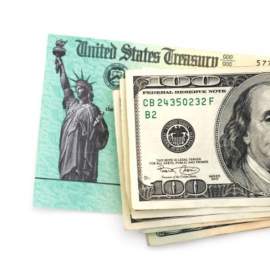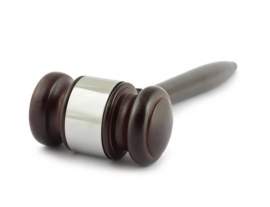
Taxes Placed on Legalized Gambling

Legalized gambling is taxed at a high rate, as compared to other income. Any income, or winnings from legalized gambling, must be reported to the IRS on the applicable tax forms. Legalized gambling includes raffles, races, casinos and lottery. Any winnings from any of those venues, is considered a type of income which incurs a higher percentage of taxes than regular income.
Winnings that incur taxes can include cash, prizes such as vehicles or other special offers available at casinos. Prizes from charity events, such as fifty fifty's are also taxable at this higher rate. However, legalized gambling also allows winnings to incur taxes at a lower rate, if winners itemizes their winnings and losses and deduct any losses.
Those that gamble on a frequent basis, often itemize their winnings and losses. In order to deduct losses and incur lower taxes, gamblers must be able to provide proof of their winnings and losses. Often, gamblers request receipts from the casinos at which they play. Players cards, which are used to provide rewards to frequent gamblers, also allow casinos to keep accurate records on each gamblers behalf.
For lottery winnings, taxpayers are required to keep losing tickets in order to deduct their losses from any winnings for that tax year. Generally, winners that take home winnings above a certain threshold, find that there is a certain percentage of those winnings automatically deducted before they receive their winnings. Generally, casinos withhold thirty percent of winnings, in order to be sure that the IRS gets taxes due from those winnings. For large winnings, taxpayers often find that thirty percent does not cover their actual tax burden and are in fact, responsible for a larger tax burden on all monies won.
Taxpayers can lower their tax burden on winnings from legalized gambling, but only with proof of losses. Deductions from losses can not exceed the amount any gambler has won. In other words, losses from legalized gambling can not be used as deductions from regular income taxes. Casinos, and other legalized gambling venues, are required to report all winnings above a certain threshold, but they do not withhold taxes on all amounts. For example, casinos are required to report winnings above one thousand and two hundred dollars on slot machines, but they do not always withhold a percentage as an advanced tax payment.
Taxes on legalized gambling can get rather complicated. Winnings from legalized gambling incur taxes at one of the highest rates of any type of taxes. Winners can deduct any losses from legalized gambling in the same year, but only of they have proof of those losses. Winners of legalized gambling should expect taxes to equal about fifty percent of their winnings, even though only thirty percent is initially withheld.
NEXT: The Controversy of the Legalization of Gambling





















